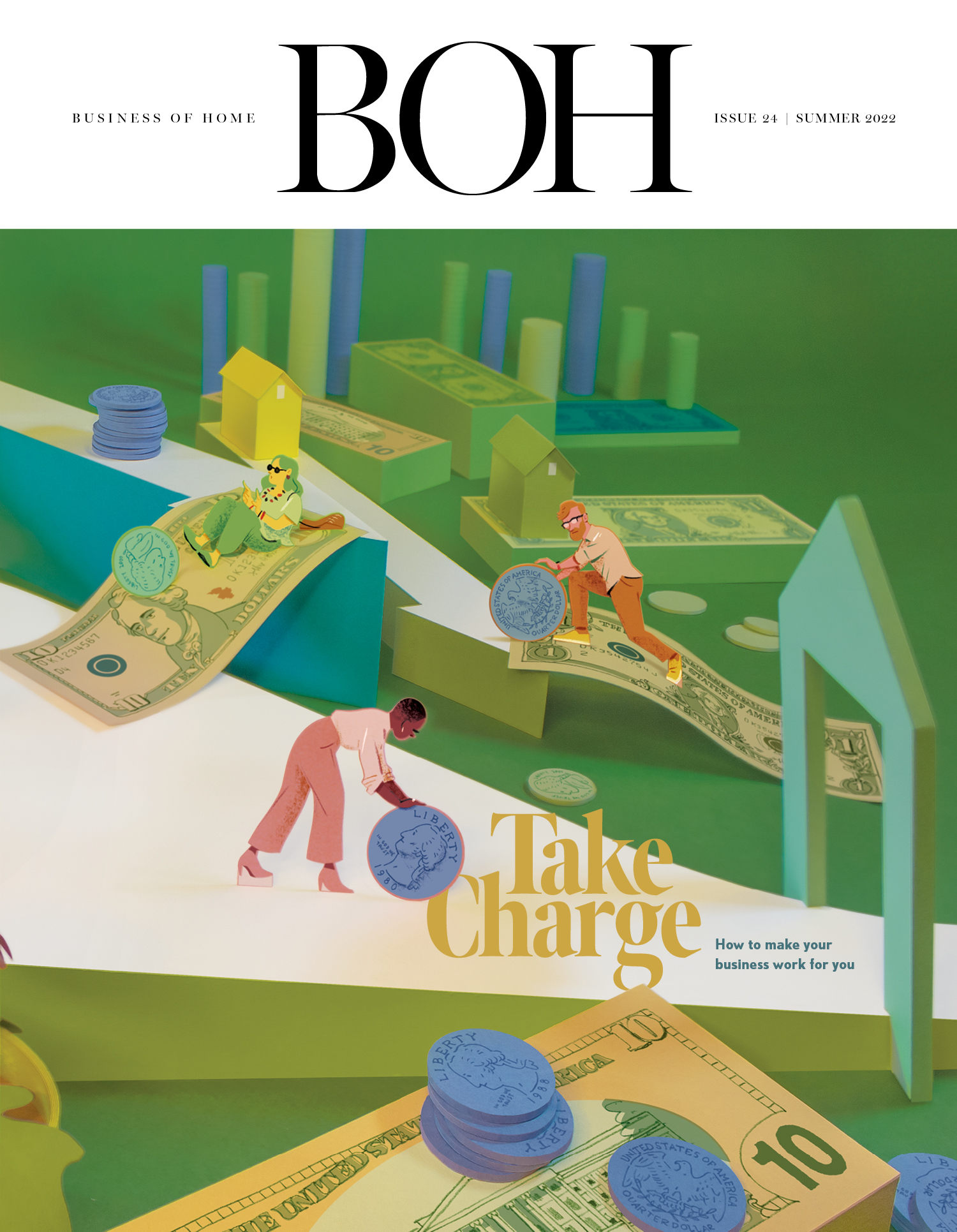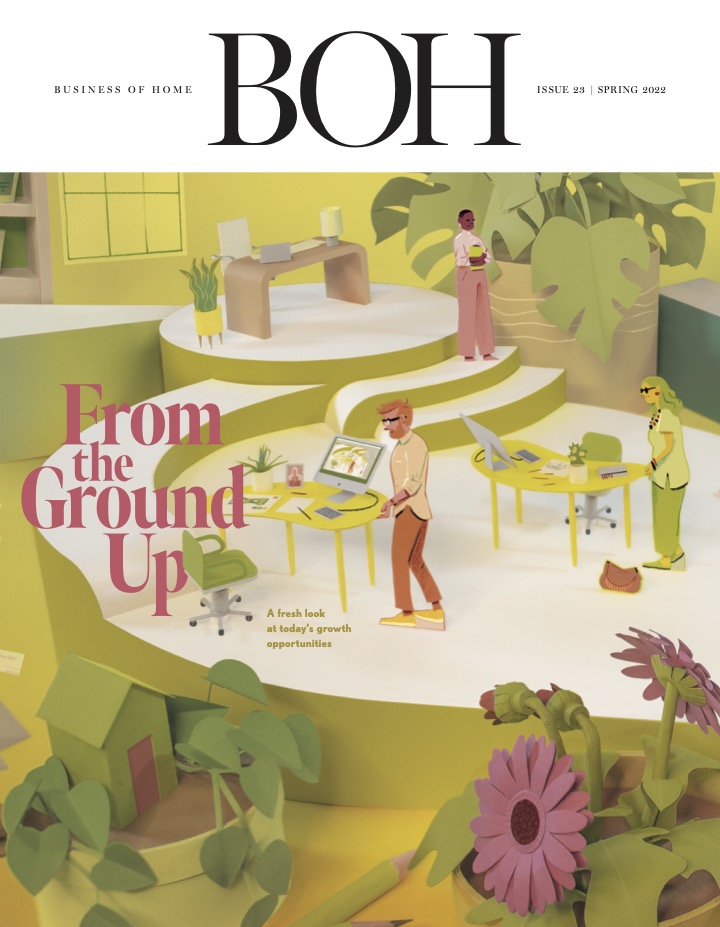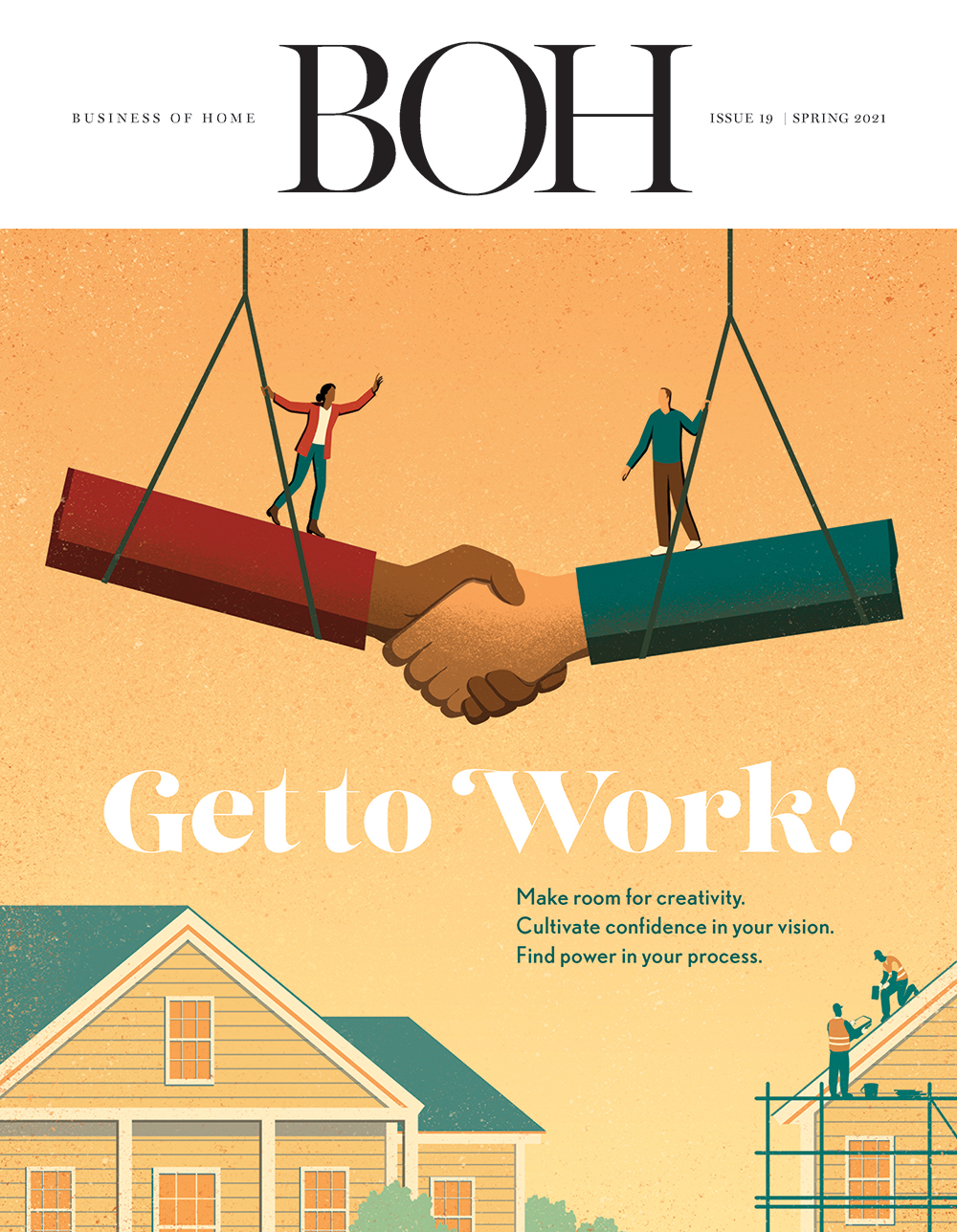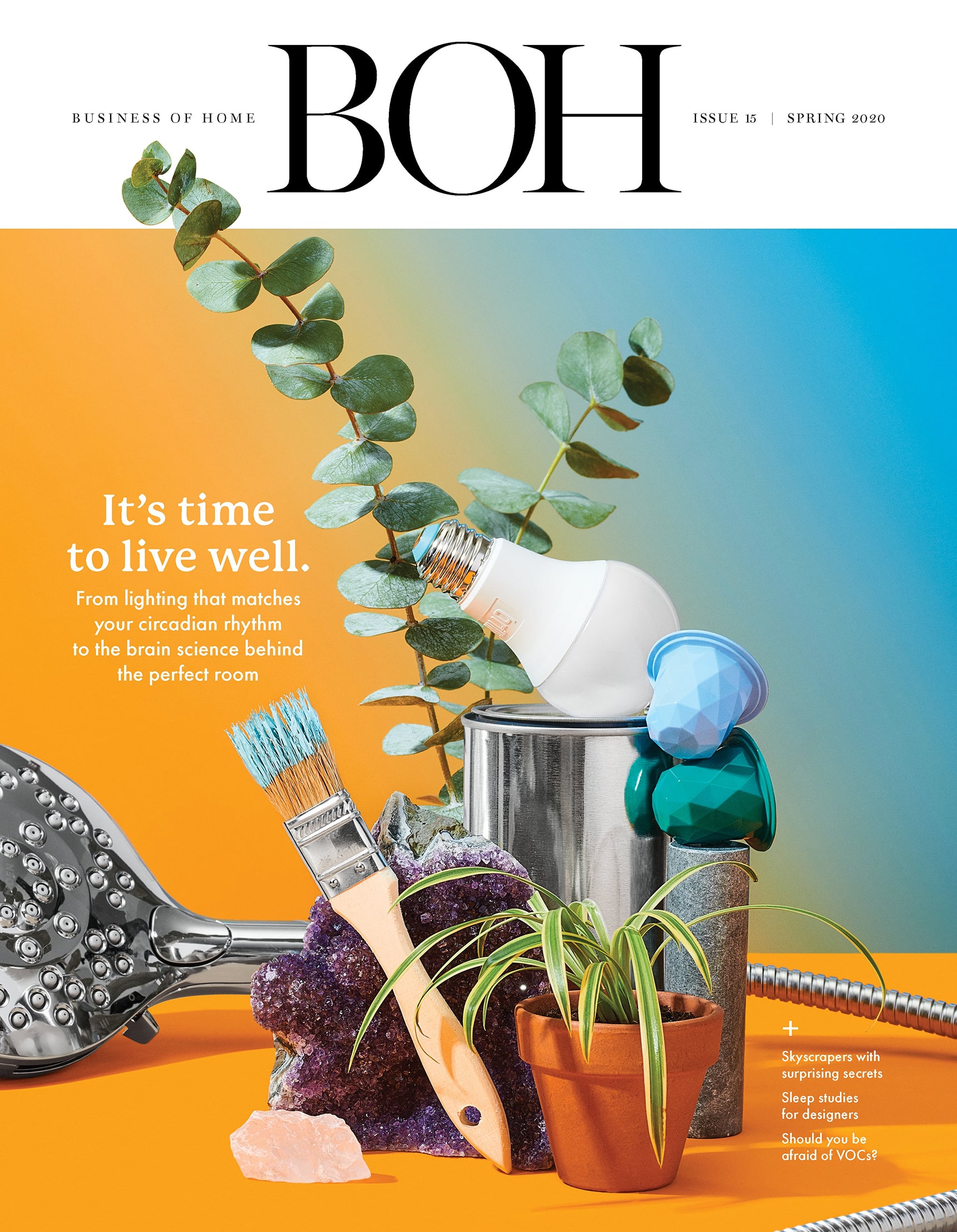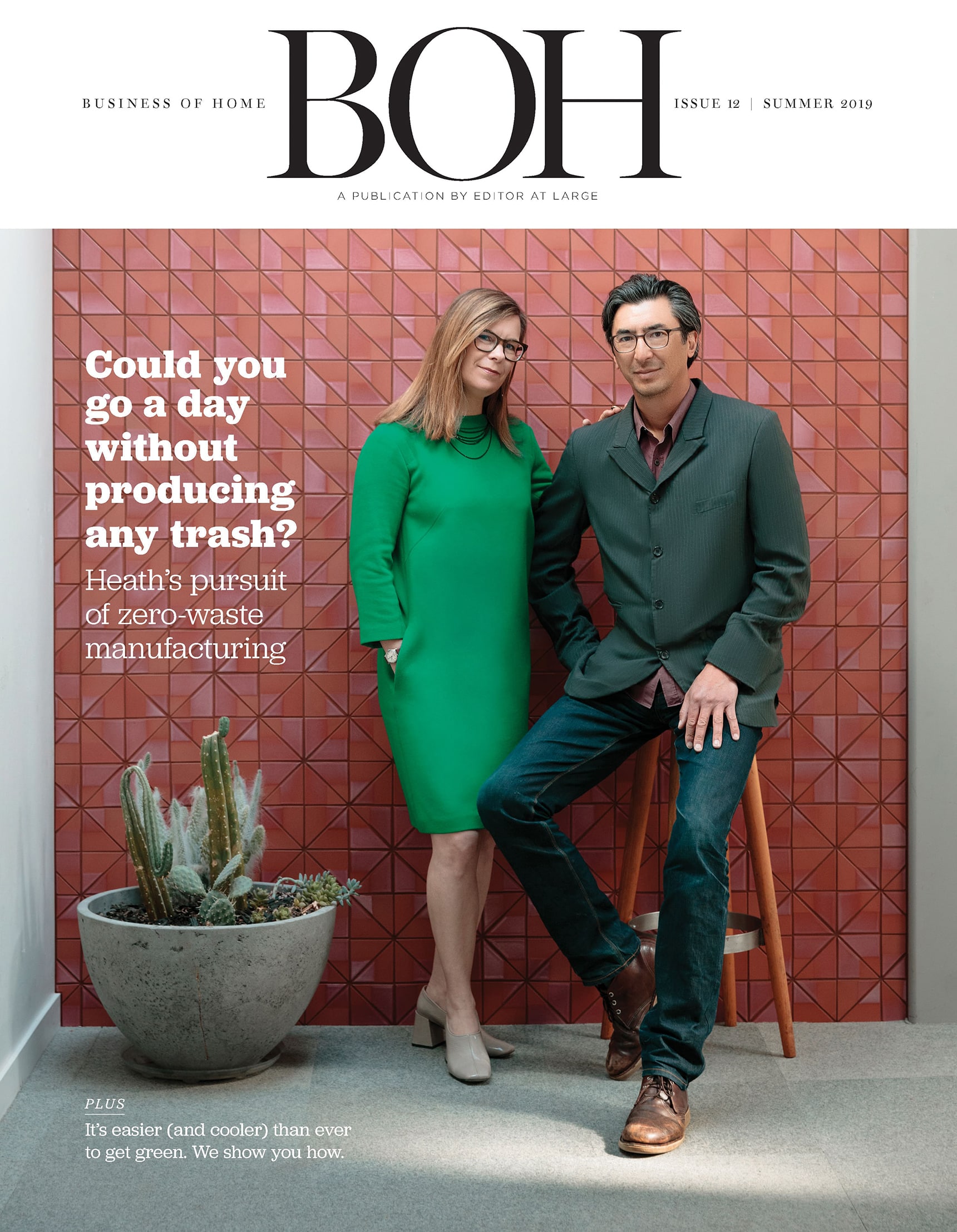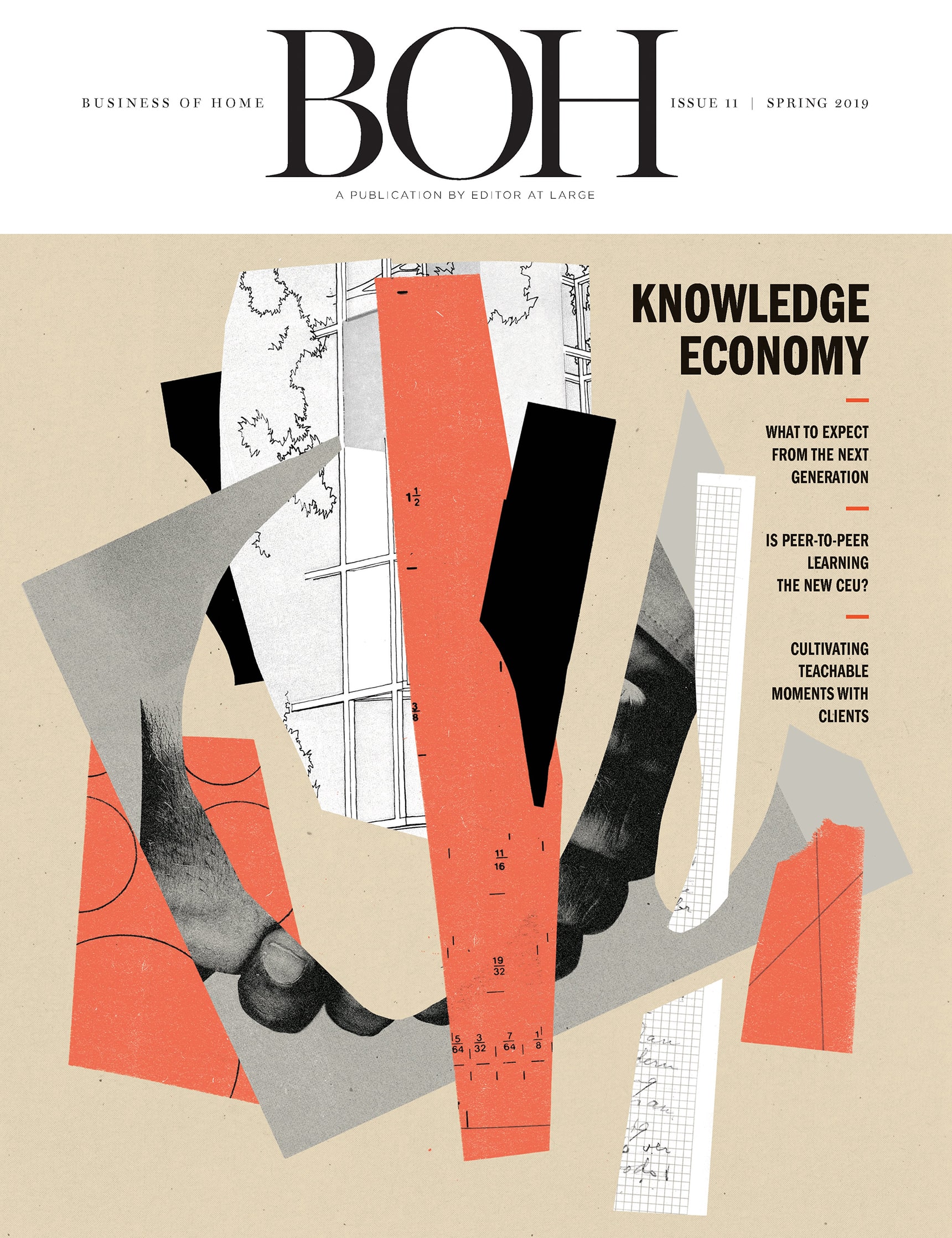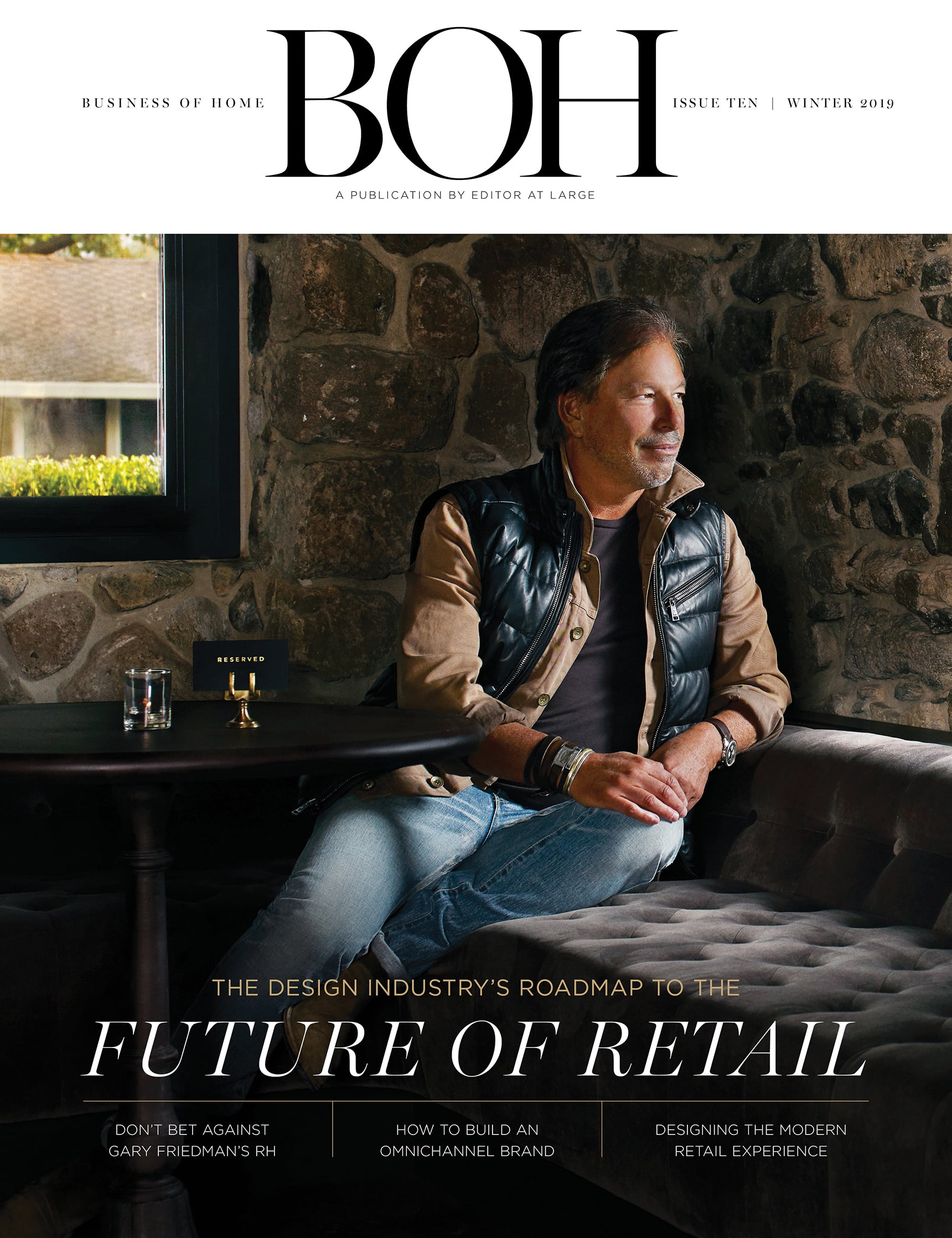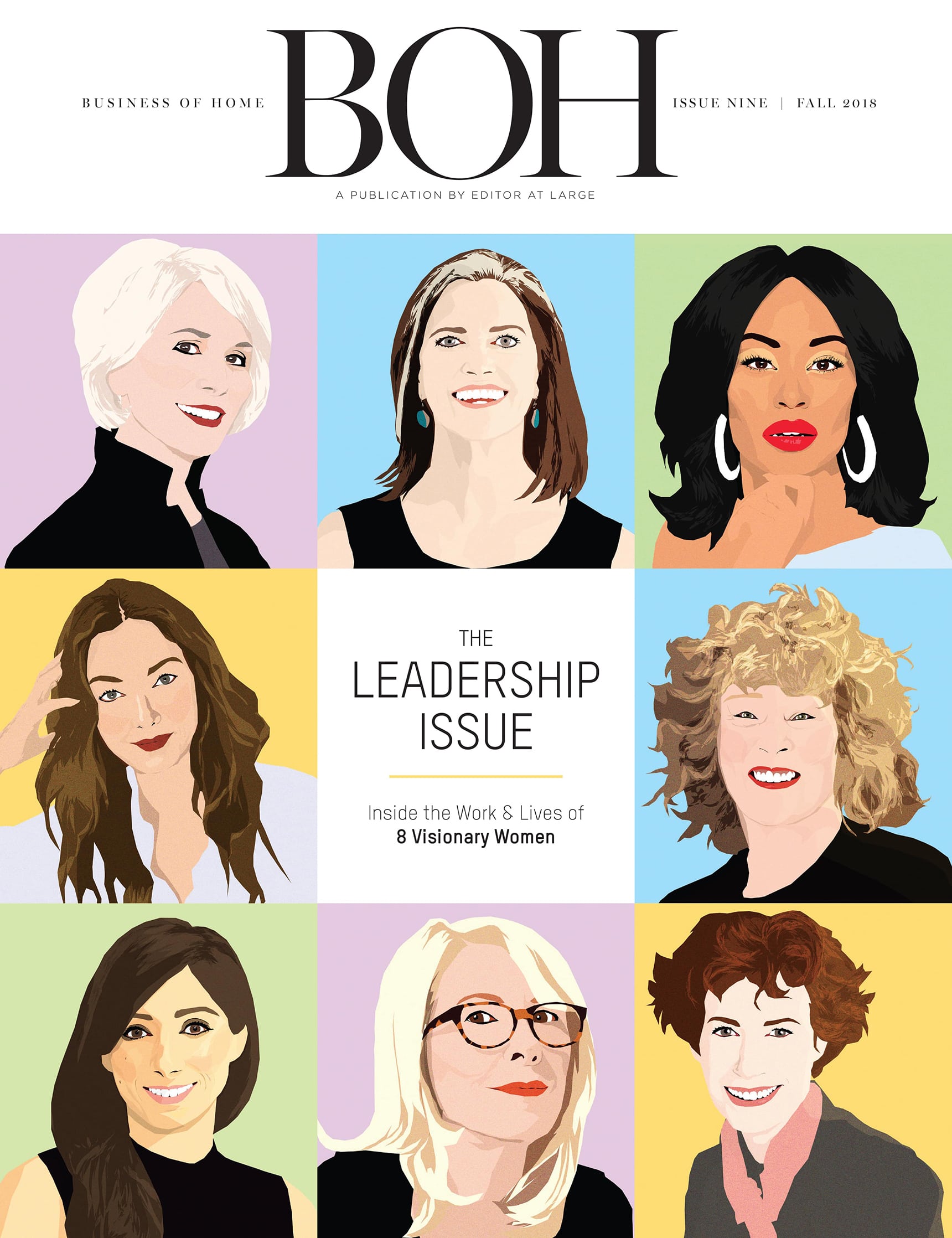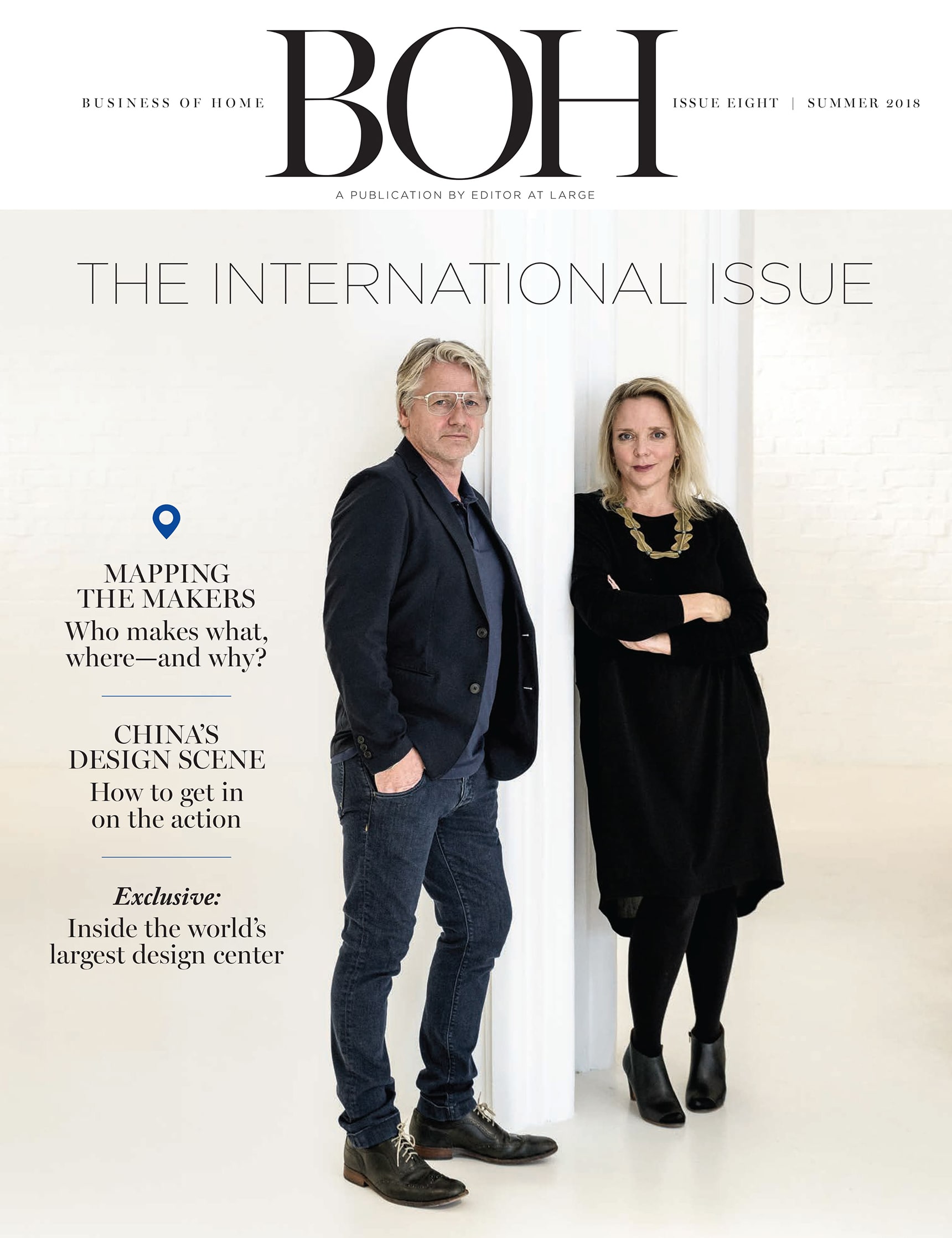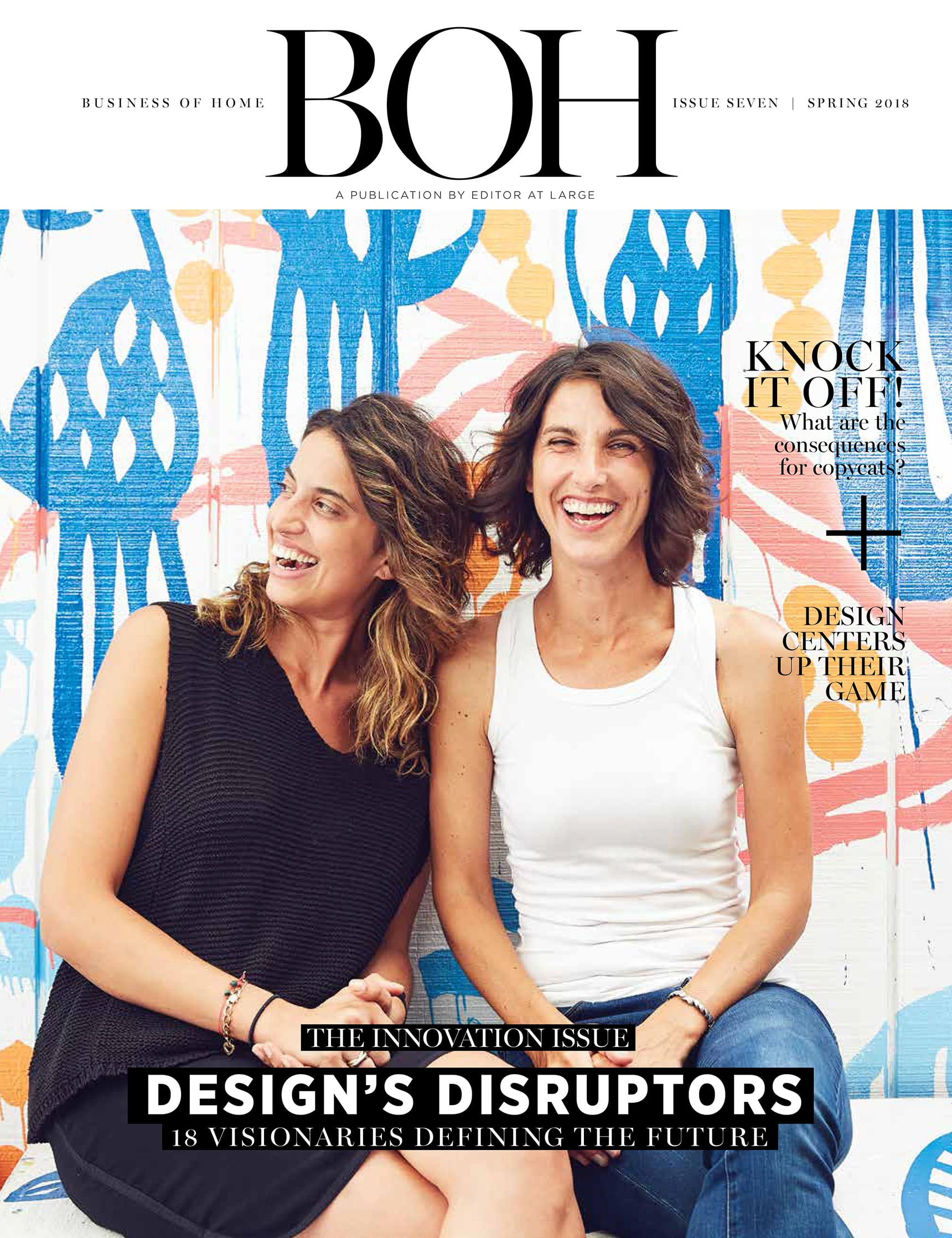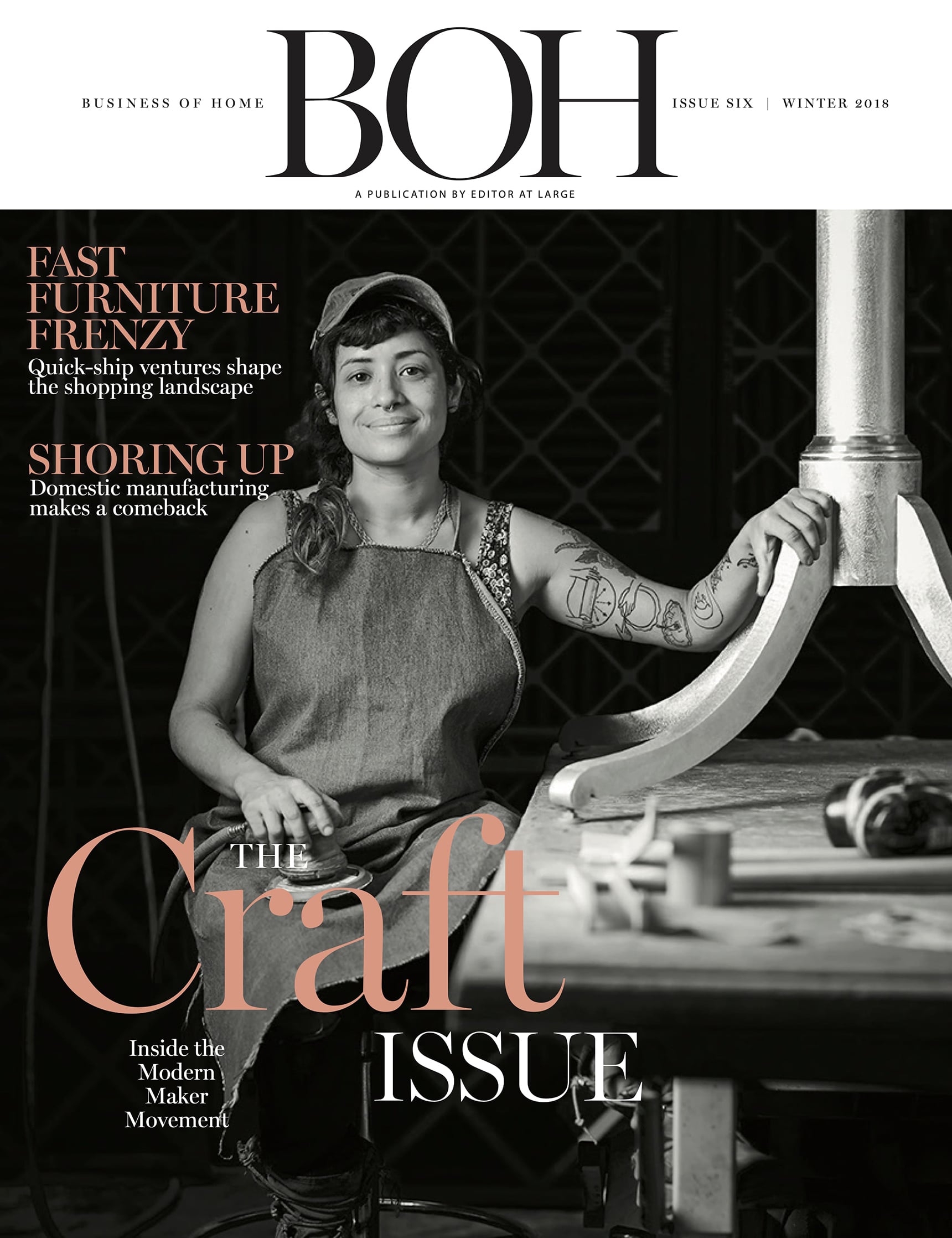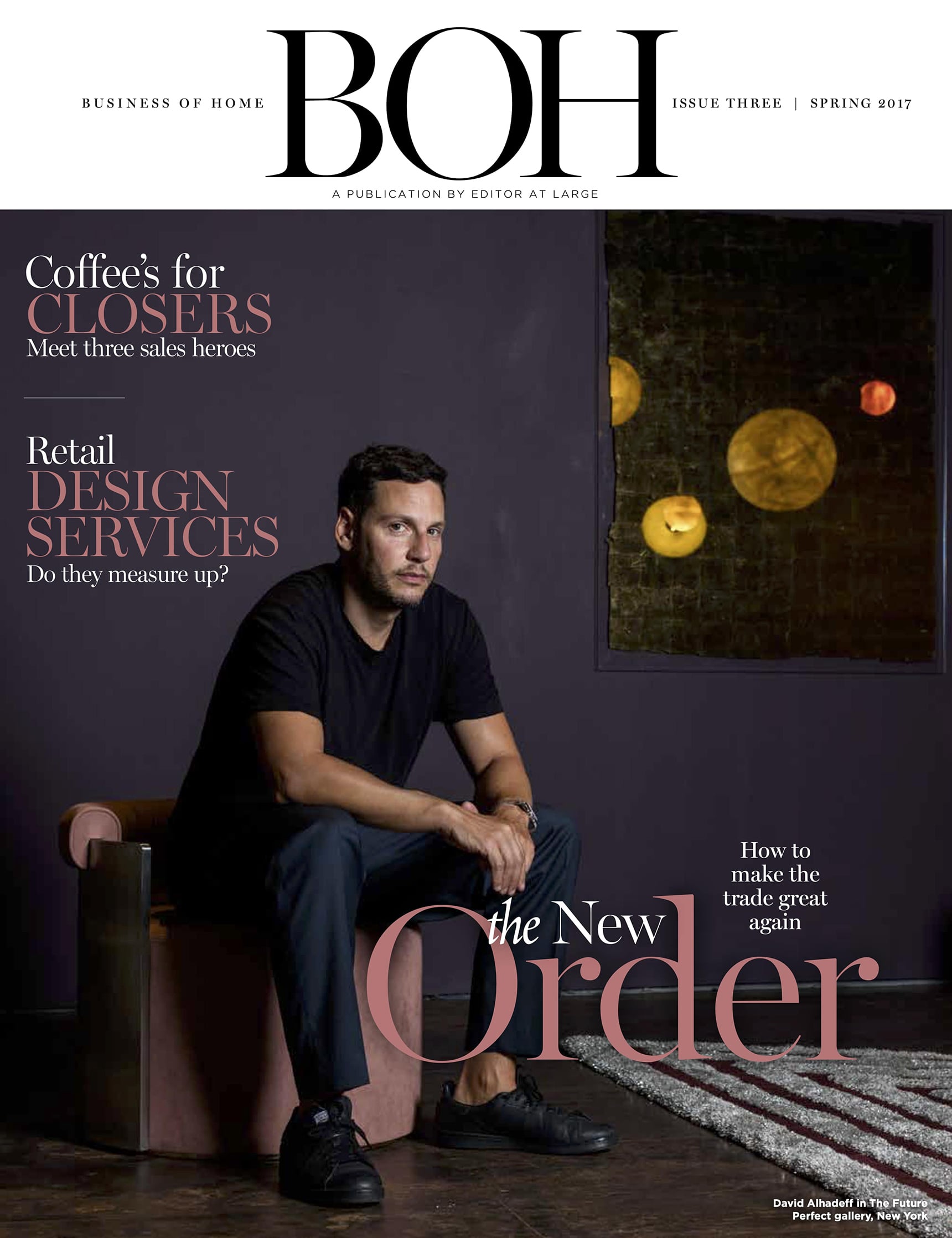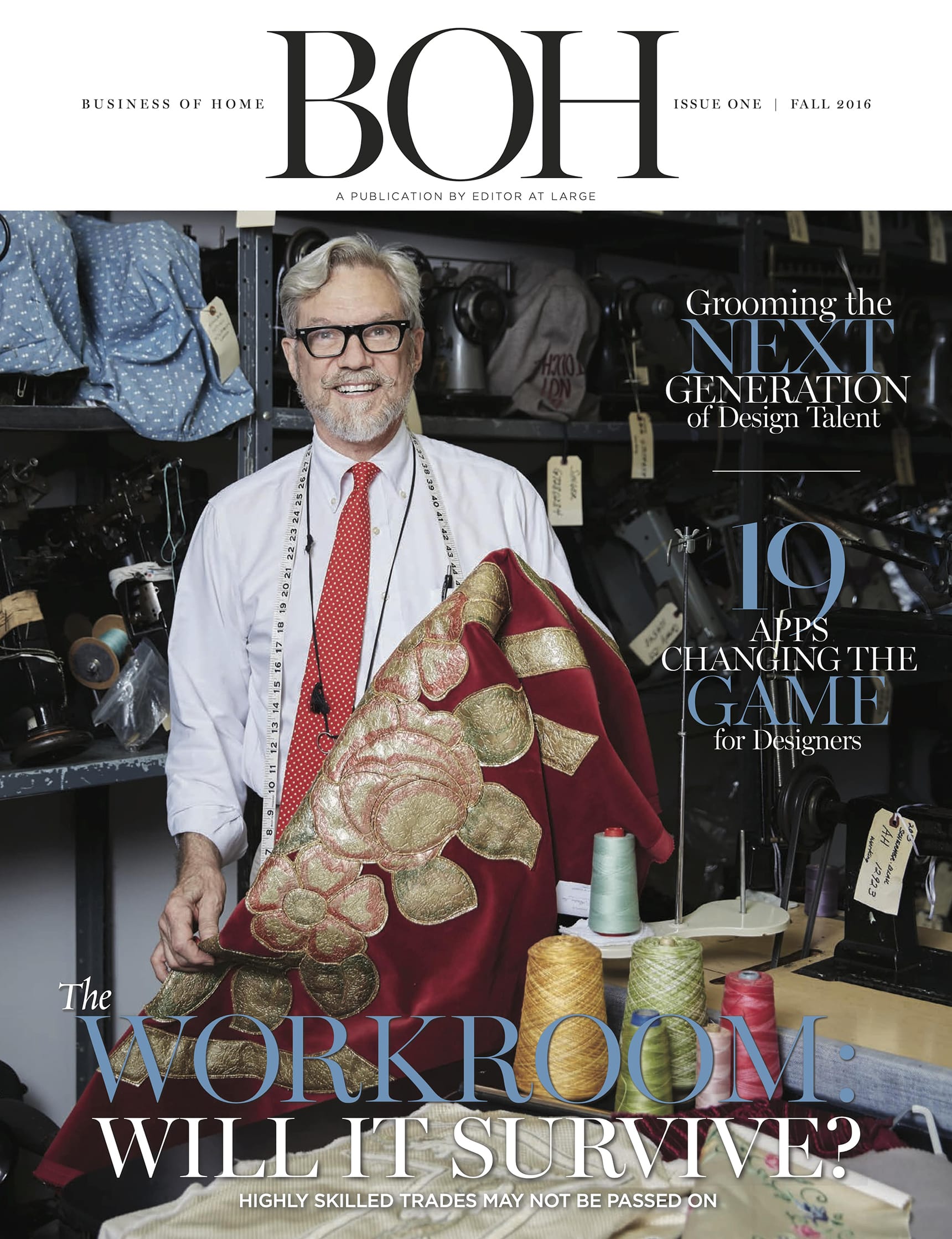Evaluating every step of a company’s supply chain to make sure that its practices are in keeping with the business’s values is no easy feat. These brands cultivate exceptional relationships with their partners and maintain ethical manufacturing and workplace practices through every step of the supply chain. In short, every worker is treated well. “Many of the artisans we work with are dependent on this work for their livelihood, and we are committed to working with them in such a way that there is some constancy to their income via our partnership,” says Laura Aviva, the founder of furniture and accessories brand L’Aviva Home, which has nicknames for the sheep they source their wool from. “It’s a commitment on all sides to build something together that stands the test of time.” Shopping with philanthropy or upcycled materials in mind? Find the rest of BOH’s green shopping guide here.
Homepage photo: Courtesy of L’Aviva Home. Product photography: Courtesy of brands.

BOH subscribers and BOH Insiders.

















